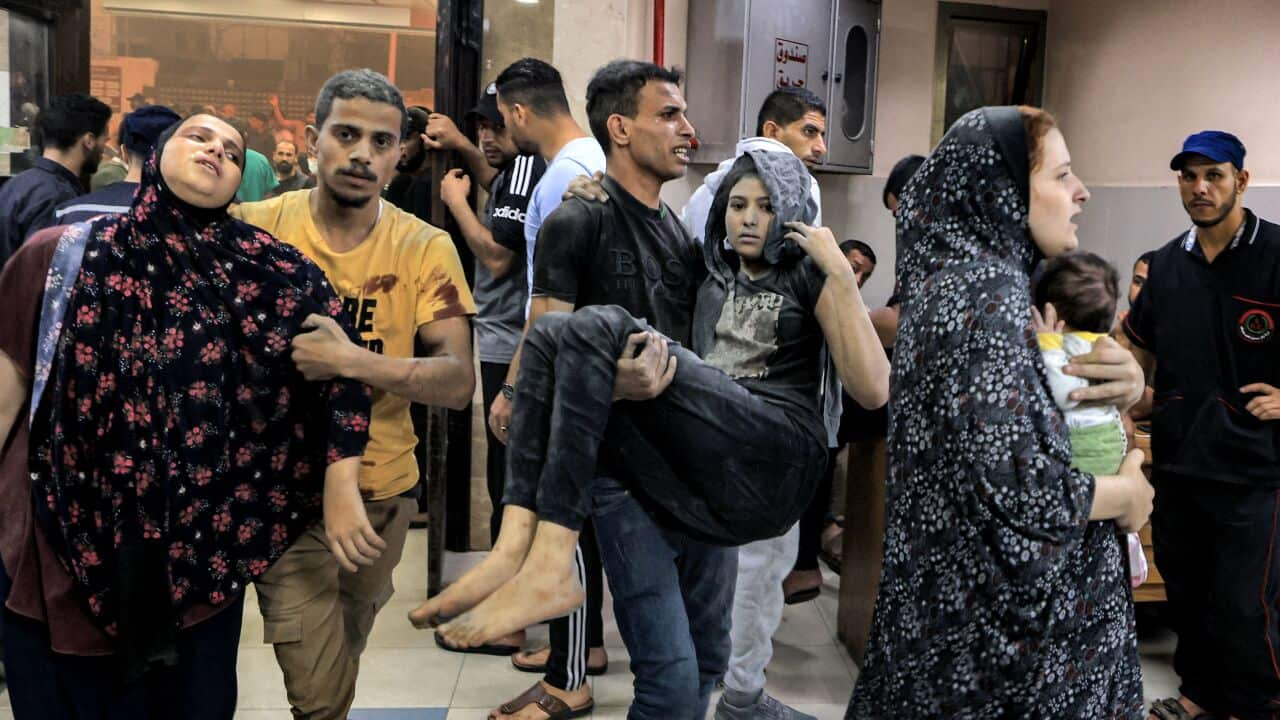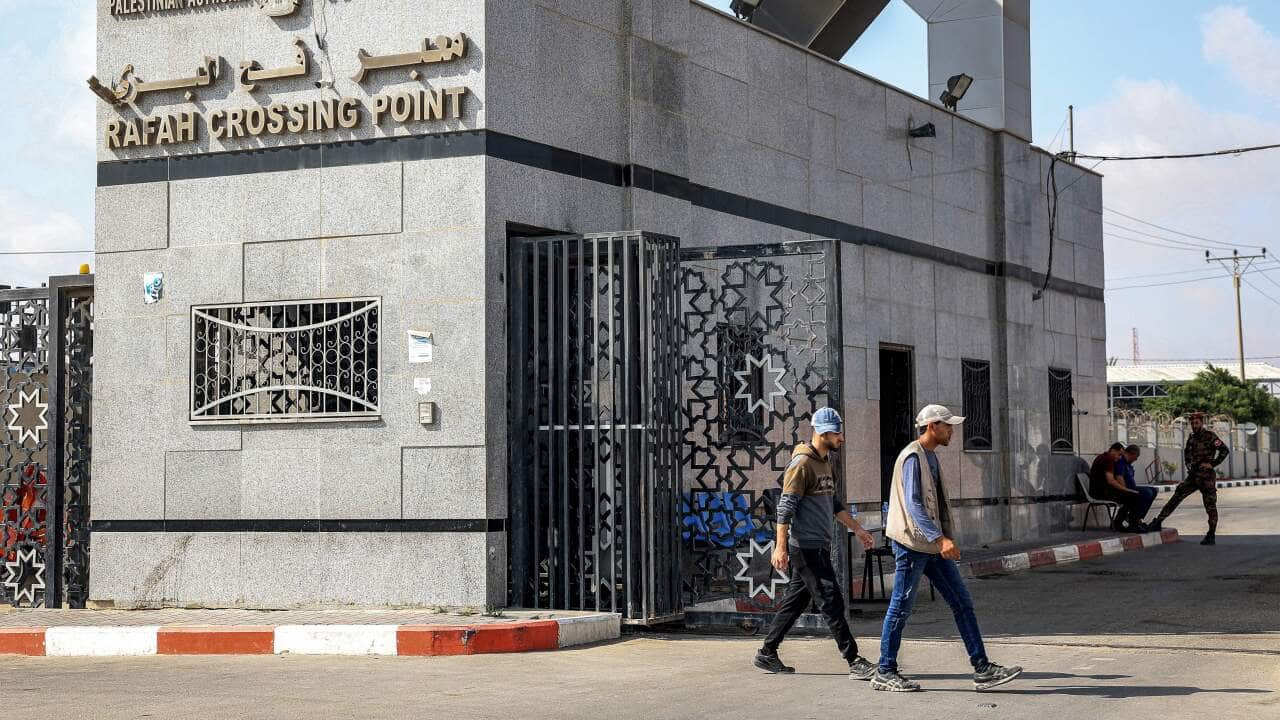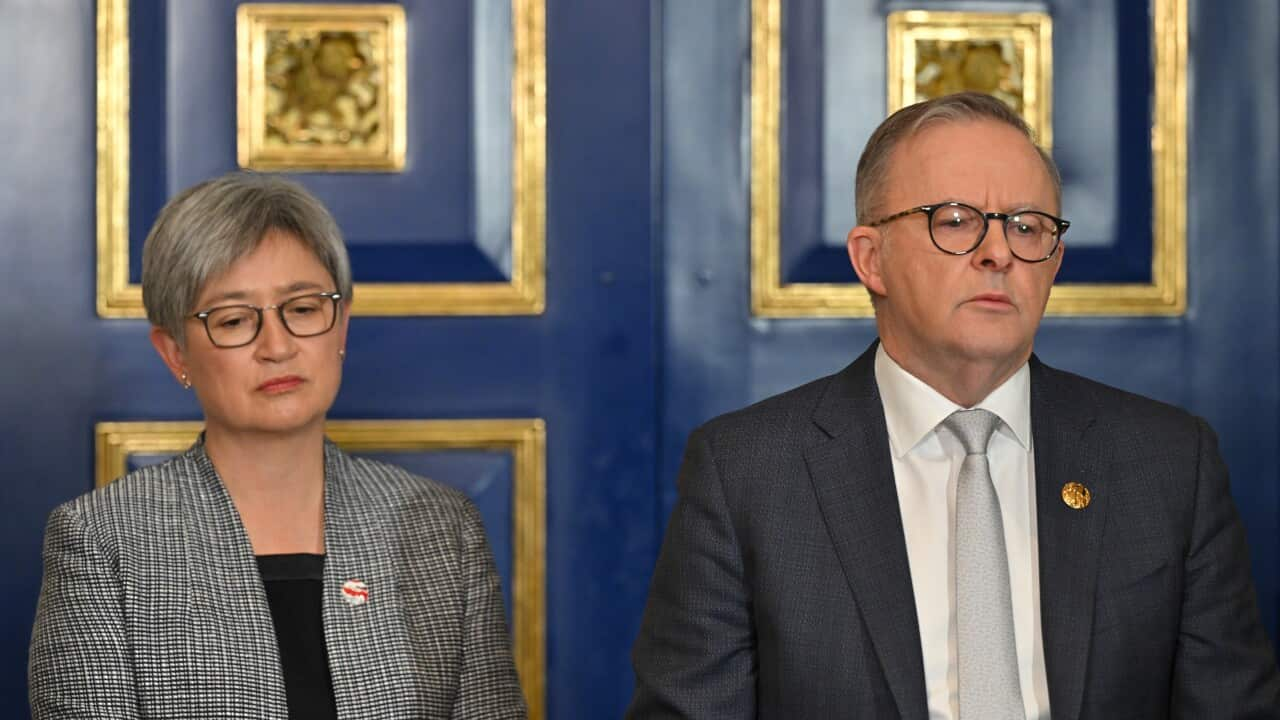Israel has told civilians in the northern Gaza Strip, including residents of Gaza City, to move to the south of the enclave, saying it will be safer there as the military following its .
However, Israeli warplanes have continued to hit sites in southern Gaza, spreading fear among the evacuees that they are just as vulnerable there as they were in their homes in the north. Here is an overview of the situation.
Why is Israel still hitting south Gaza?
Since , the Israel Defence Forces (IDF) has continued to pound targets across the area, killing an unknown number of civilians.
In all, authorities in Gaza say more than 7,436 Palestinians have died since Israeli strikes started on 7 October. The conflict has also claimed over 1,400 Israeli lives.
Gaza residents said the bombardment of the south intensified on 25 October.
One strike brought down several apartment buildings in Khan Younis, some 10km from the Egyptian border.
The IDF has said that even if Hamas' main power centre is in Gaza City, it is nonetheless entrenched among the civilian population across the enclave.
"Wherever a Hamas target arises, the IDF will strike at it in order to thwart the terrorist capabilities of the group, while taking feasible precautions to mitigate the harm to uninvolved civilians," the military said on Wednesday, reiterating previous statements.
The military has said the homes where militants live are "legitimate targets" even if civilians live alongside them.
"The so-called private home is not a private home," a senior Israeli Air Force officer told reporters in a recent briefing.

Displaced Palestinian families from the northern and central Gaza Strip evacuate toward southern Gaza on 13 October. Source: Getty / Loay Ayyoub/The Washington Post
Why did Israel tell civilians to move south?
The Israeli military said on 12 October that nearly half of Gaza's 2.3 million population should move to the southern half of Gaza within 24 hours.
The military said the order was aimed at moving civilians away from "Hamas terror targets", which it believes are concentrated in the north.
Military spokesman Jonathan Conricus subsequently said: "We are preparing the area for significant military activity in Gaza City. That is the next stage. That's why we are asking civilians to go south of the Gaza River."
Israel has massed troops on the border with Gaza and is widely expected to launch a land invasion.
On 18 October, the military urged residents of Gaza to evacuate to what it called a humanitarian zone in al-Mawasi, on the coast of southern Gaza.
Israel renewed its warnings on 22 October, saying that anyone staying in the north could be identified as sympathisers of a "terrorist organisation" if they did not leave.
How many people have moved south?
Hamas has urged Palestinians to ignore the Israeli warnings.
Hamas is a , which has gained power in the Gaza Strip since winning legislative elections there in 2006. Its stated aim is to establish a Palestinian state, while refusing to recognise Israel's right to exist.
Hamas, in its entirety, is designated as a terrorist organisation by countries including Australia, Canada, the UK and the US. New Zealand and Paraguay list only its military wing as a terrorist group.
In 2018, the United Nations General Assembly voted against a resolution condemning Hamas in its entirety as a terrorist organisation.
Israel said on Wednesday it had attacked Hamas roadblocks that it believed were stopping people from evacuating.
Despite Hamas' attempts to stop an exodus, residents and international aid organisations say there has been a mass displacement of people away from the north and other areas of the enclave seen as especially vulnerable to attack.
The United Nations Office for the Coordination of Humanitarian Affairs (OCHA) estimated on 24 October that more than 1.4 million people are internally displaced within Gaza.
How have international leaders responded?
UN Secretary-General António Guterres said giving hundreds of thousands of people just hours to leave their homes was "dangerous and deeply troubling".
Many Western governments have to open humanitarian corridors for the trapped civilians.
Arab nations have called for Israel to stop the war.












